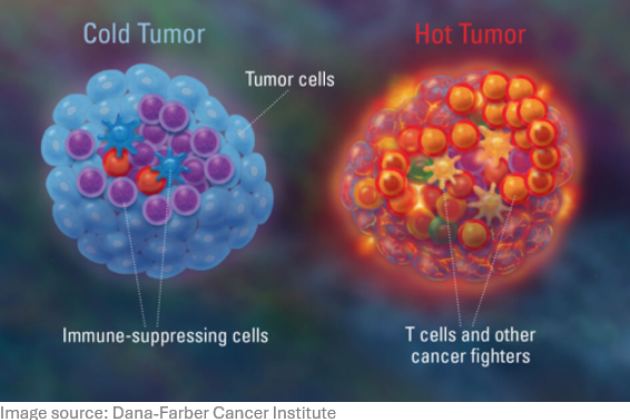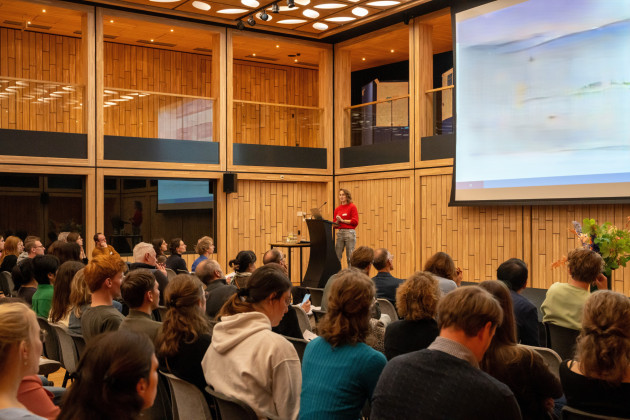The innate immune system is activated upon infection with bacteria, fungi, and viruses. Innate immune cells detect microbial molecules via various receptors, with which they sample their environment for signs of infection. When they detect an infection, these receptors initiate defense pathways to destroy the pathogen.
In some cases, the same receptors are activated by one’s own molecules, in the absence of infection, leading to sterile inflammation. It is unclear which self-derived molecules activate the innate immune system during sterile inflammation and via which pathways. A sterile inflammatory response is important in autoinflammatory conditions and autoimmune diseases. It is also a hallmark of cancer and can impact on immune responses against a tumor.
By studying the molecular mechanisms that underly innate immune activation, we aim to identify new targets for therapeutic intervention in autoinflammatory conditions and to inspire strategies to promote immunosurveillance in cancer.
Our team welcomes applications from highly motivated post-doctoral candidates with an interest in innate immunity and nucleic acid sensing.


